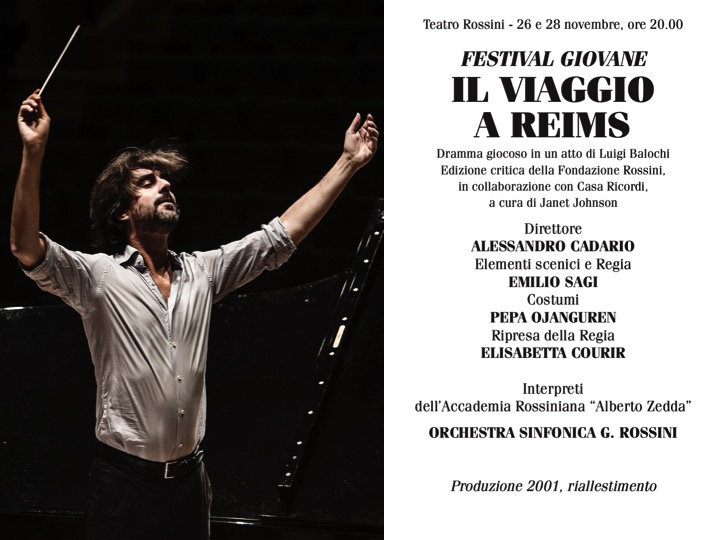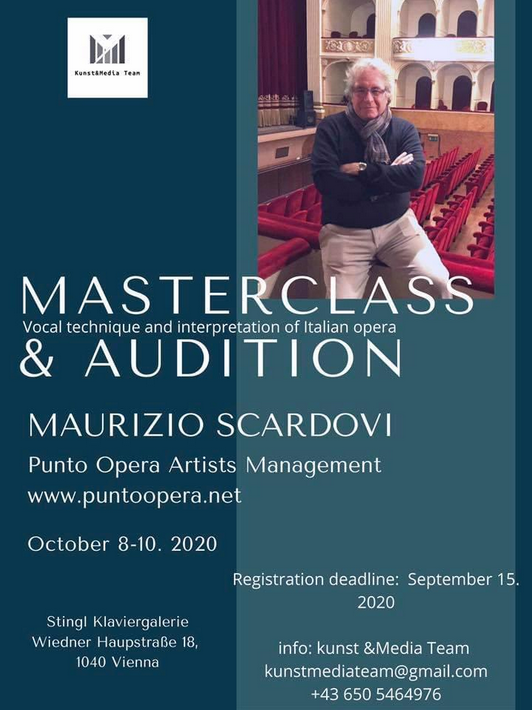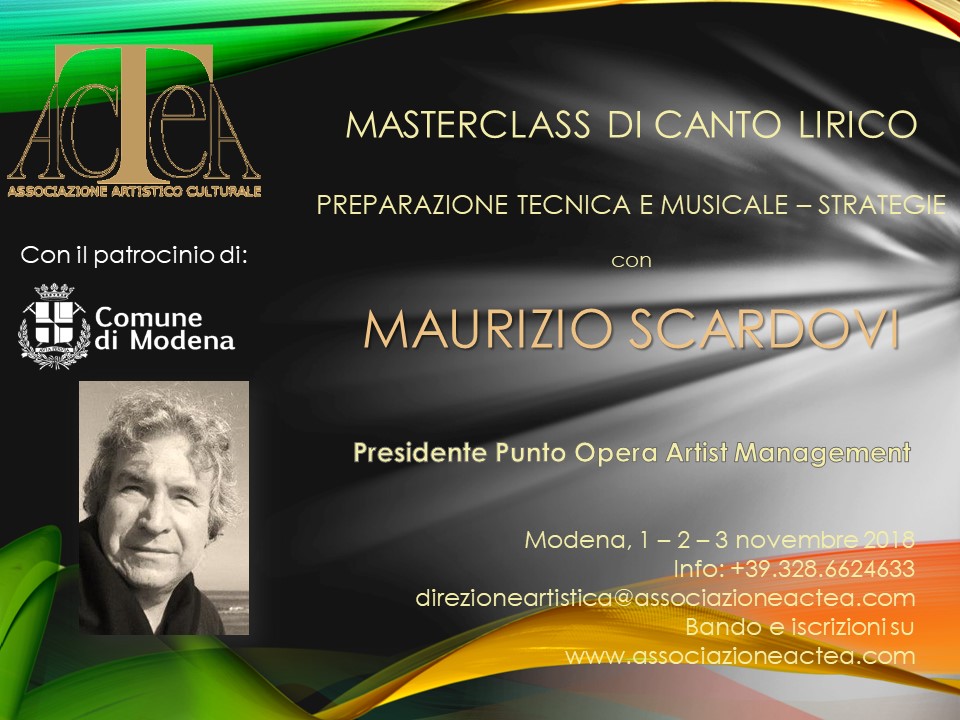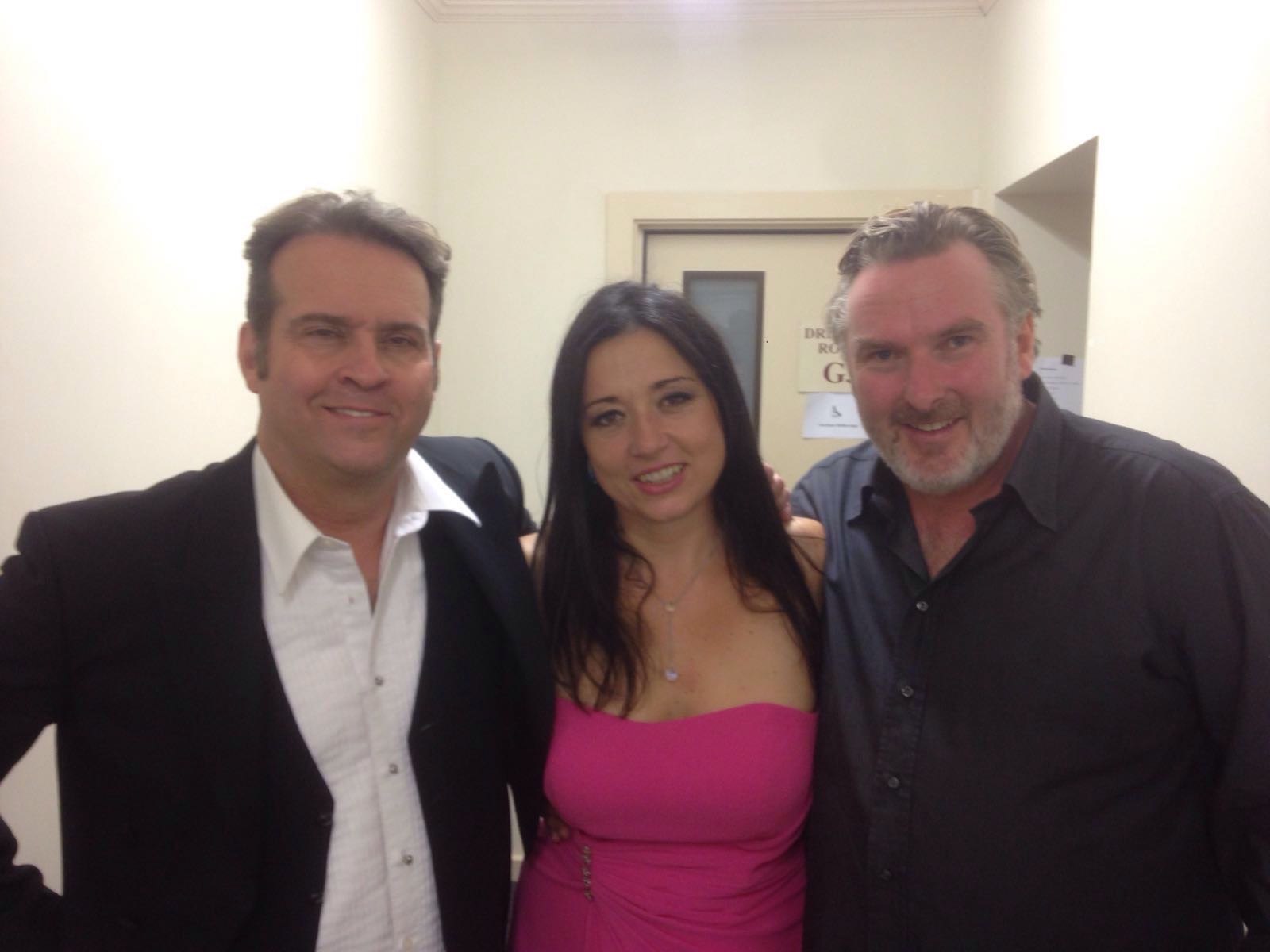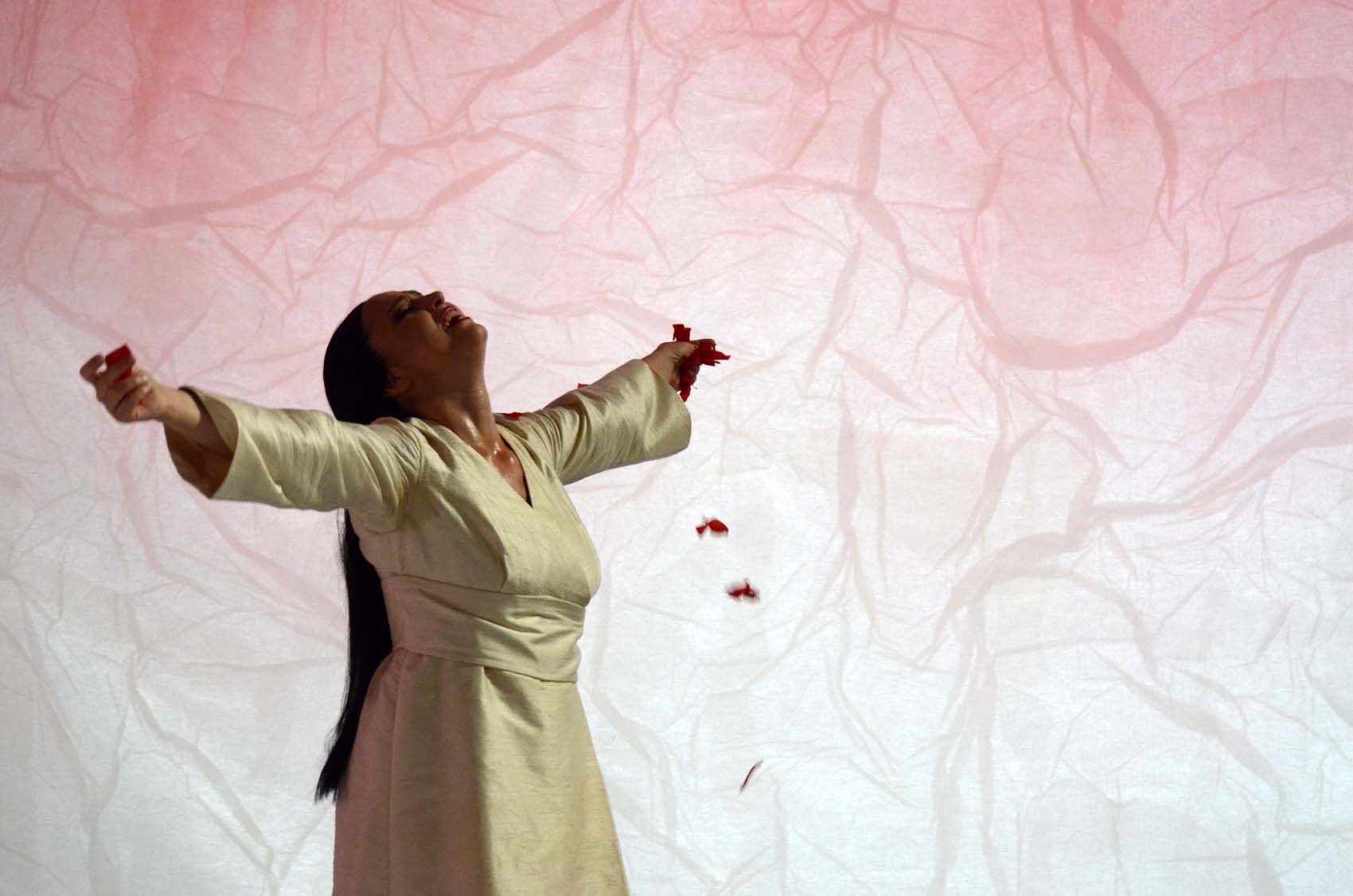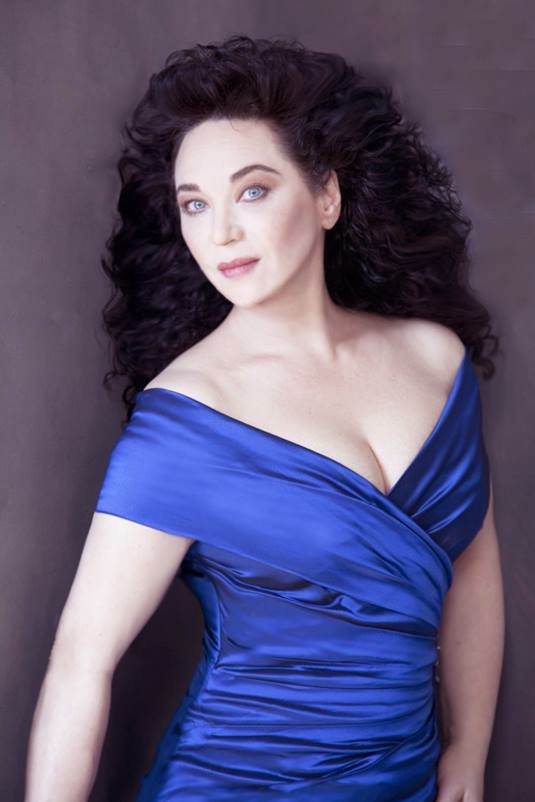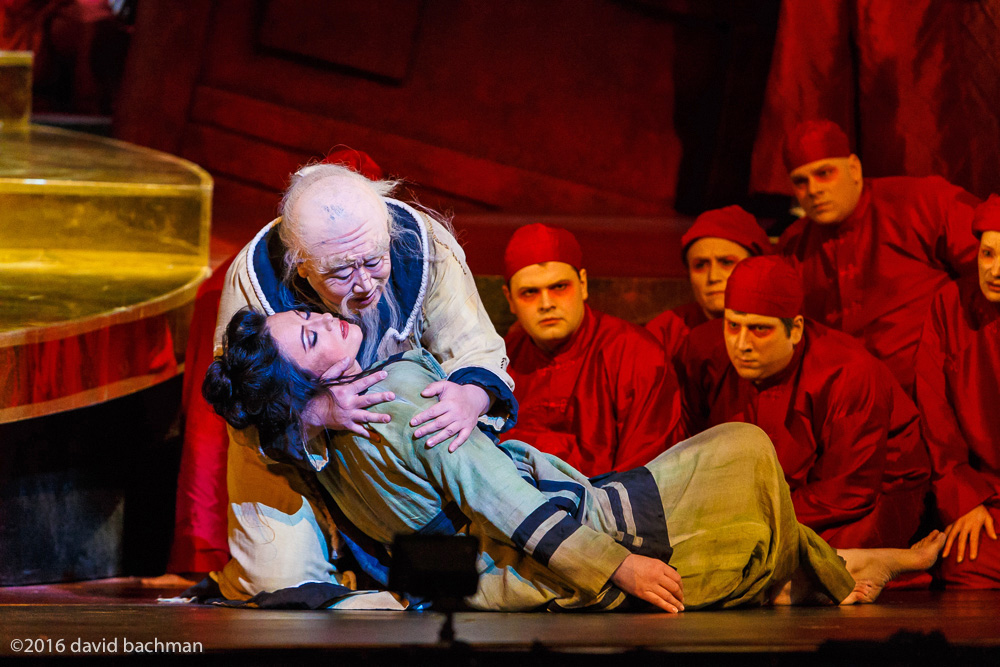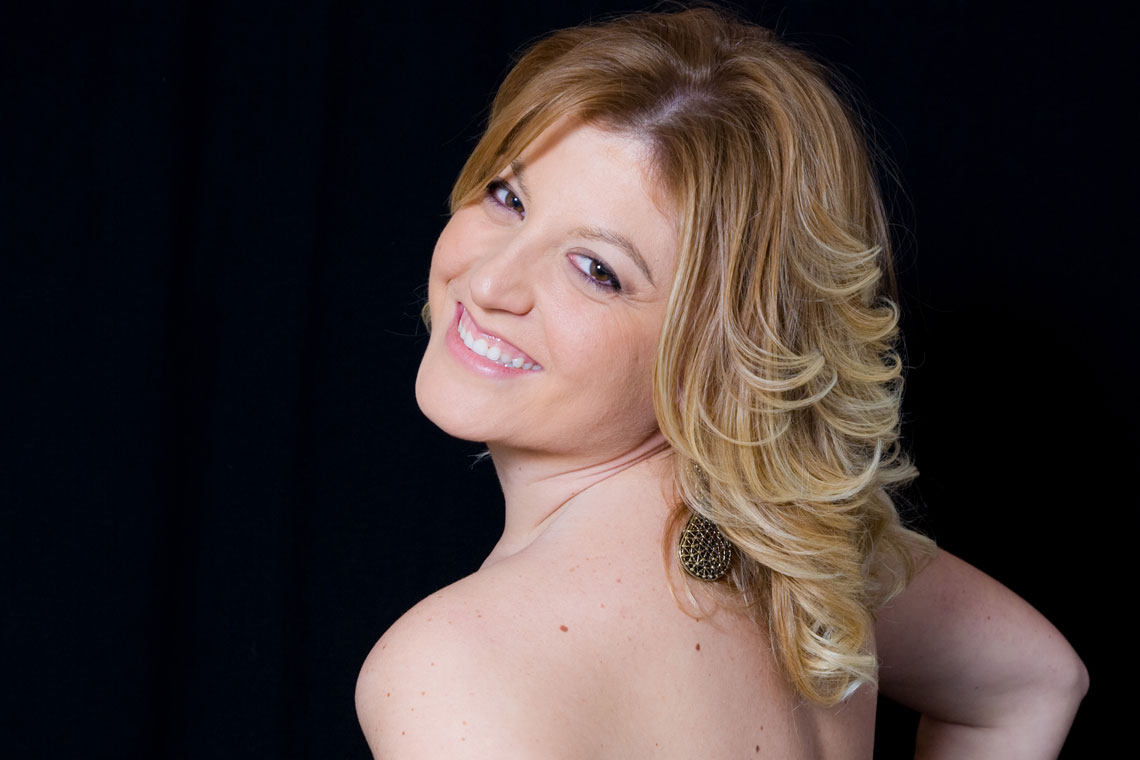By puntoopera
Maria Luigia Borsi ha rilasciato un’intervista a Kim Reich per la rivista InFlight (disponibile su tutti i voli della Danish Air Transport) in occasione della Bohème presso la Royal Danish Opera in cui l’artista ha interpretato Mimì. Ne riportiamo qui la traduzione in inglese: <<What is it with Puccini? Even die-hard opera fans may shed a tear when the poor seamstress Mimi dies in “La Bohème” and when Cio-Cio-San waits in vain for her American somewhat illusive husband, Pinkerton, in “Madama Butterfly”. The answer is hiding in a sunset. The song comes quietly but rousing the working table in the apartment in Copenhagen, where we have come together. A tiny excerpt from Puccini’s opera La Bohème. A confidential moment when the young woman opposite me declares her heart if not to me then to the opera itself in its inner, true being. That electrifying moment that will later be redeemed on the big stage when each star in the show glitters in probably the most difficult discipline of all on any stage. My mind can’t quite comprehend the fact that later she will be on the stage at the Opera in front of a big audience, but that is her living and it is right here – in the transition between conversation and art – that magic appears. Recently, I myself was one among many who enjoyed her role as the tuberculosis hit seamstress Mimi who falls in love with the young poet Rodolfo. Now I am one among few who get the opportunity to meet her in a more private atmosphere. So here we are in conversation: the journalist and the Italian star soprano Maria Luigia Borsi, who has found her temporary nest at Islands Brygge in a flat. She is down to earth and truly, as she says, no diva. We are talking about the soul of the opera and she listens with interest and empathy when I try to explain the moments when the story catches me too and why. Between us, or rather above us is the Italian composer Giacomo Puccini, who more than anyone else in the opera world knows how to talk to a woman’s heart and to seduce the feelings of many men too. Maria Luigia Borsi has sung Mimi’s role at The Royal Danish Opera in 13 of this season’s 25 editions of La Bohème. She has also sung Cio-Cio-San’s party in Madama Butterfly in Copenhagen and on a CD, which she recorded in autumn 2013 with the London Symphony Orchestra, is a string of Italian arias – most signed Puccini. The composer, who died in 1924 of throat cancer, had reportedly only three interests: beautiful women, big cigars and a good libretto. The music on the other hand was not something that he cared much about except maybe his own. He must really have been quite annoying for his contemporaries in the industry, for when he put his notes together his wallet grew and he could not ignore when a ravishing woman came his way. Though he was married throughout life and had a son. It is all about communication And every time she is on stage in his most famous opera La Bohème, Maria Luigia Borsi finds new ways into Mimi’s understanding of the world around her, often as a reflection of her singing partner on the day – the tenor that will warm her cold hand. “There is so much to discover in Puccini’s operas and with the people I work with on stage. Danish tenors Peter Lodahl and Niels Jørgen Riis, who has been my Rodolfo’s in the setup at The Royal Danish Opera, is not just very different, but I find something new in the interaction with them every single time. For me, opera is not to be the great diva, but that we are people who communicate with each other. That’s what makes my job interesting that we constantly develop ourselves together”, Maria Luigia Borsi says in an exclusive interview for DAT inflight magazine. La Bohème is described as the ultimate opera because it is both tragic, beautiful and unforgettable. The drama begins at Christmas, where the poor artist Rodolfo falls in love with Mimi. He and his friends are together much of the time. It’s like reliving your own youth days when money is tight and the girls irresistible. There’s a playfulness of the performance, which puts the base not just for the built-in jealousy between the two, but also and quite in Puccini’s spirit creates a very strong emotional contrast between joy and sorrow, between true love and the relentless fate. There are ardent love and unbreakable friendship at stake in La Bohème, and it’s hard not to get carried away when Mimi and Rodolfo declares their great love. And it is clear that Maria Luigia Borsi is just as much in love with Puccini, as Rodolfo is in Mimi. Tore del Lago and the sunset From 1891 Puccini spent most of his time at Torre del Lago, a small community about 25 km from Lucca in the province of Tuscany. The town, which today has 25,000 inhabitants, is situated between the Tyrrhenian Sea and the lake Massaciuccoli, just south of Viareggio. Here he rented a house and went hunting. Later he bought a piece of land by the lake and built a villa, which today is a museum and where he lies buried in a chapel together with his wife and their son. “I’ve been at Torre del Lago and to the very same places as he went to. I have experienced the same beautiful sunset, which he has seen, and when I sing one of his arias, then I think of how beautiful that is. My inspiration comes from life”, says Maria Luigia Borsi, who started in a church choir in Livorno at age 13. Even as a 3-year-old Maria Luigia Borsi was aware that she would be a singer and it had to be opera. It was when she on TV saw a black and white version of Tosca with the legendary opera singer Maria Callas in the title role. “It was quite spontaneously that I found out that this was my destiny, for there are no singers in my family. We are an ordinary family. My father was a socialist and he thought that I should not be singing in the Catholic church choir as he was no believer, but neither he nor my mother opposed my dream. On the contrary, they have always supported me and when they saw me in my big role as Gilda in Rigoletto, they knew that I had made the right choice. My mother, who unfortunately is not here anymore, could see that I felt safe and was comfortable on stage. She said: you are born to sing opera, so it’s also her I think of when I see the sunset”, Maria Luigia Borsi says. The lyric soprano, who now lives just outside of Pisa with her husband, violinist Brad Joseph Burns and their daughter, has sung in all the major opera houses and in many minor venues as well. She is often in concert – including the one she gave with famous tenor Andrea Bocelli on a tour that also hit Aarhus at that time. “For me to sing is a natural way to express what I feel and think. I can be a bit shy at first until I get to know people and of course I have temperament too, so I understand why Mimi react as she does. She is a strong woman who lives alone and just the fact that she smokes, shows that she really is in charge. There is so much poetry in the music and I am grateful every day to my parents that they believed in me”, Maria Luigia Borsi says. Opera is not for the elite, but for all – for the people There is no television set in her private home today but of course she follows up with what is happening in the world. She dismisses the apparently eternal myth that opera is only for the rich and for the old. It is certainly not for the elite. “Historically, opera was meant to be the people’s opera. It was not created for the elite, and it has so much to tell everyone regardless of where they are and who they are. The story of La Bohème is timeless, but maybe it’s because I love opera that I cannot understand that we do not invest more in arts and culture. In Germany many young people go to the opera, and I believe it is true here in Denmark too. This is good because think of what we get from the opera. The music is full of energy and we take great pride in everything we do. I want you to experience that when you see me on stage. That’s what I want”, Maria Luigia Borsi says.>>


